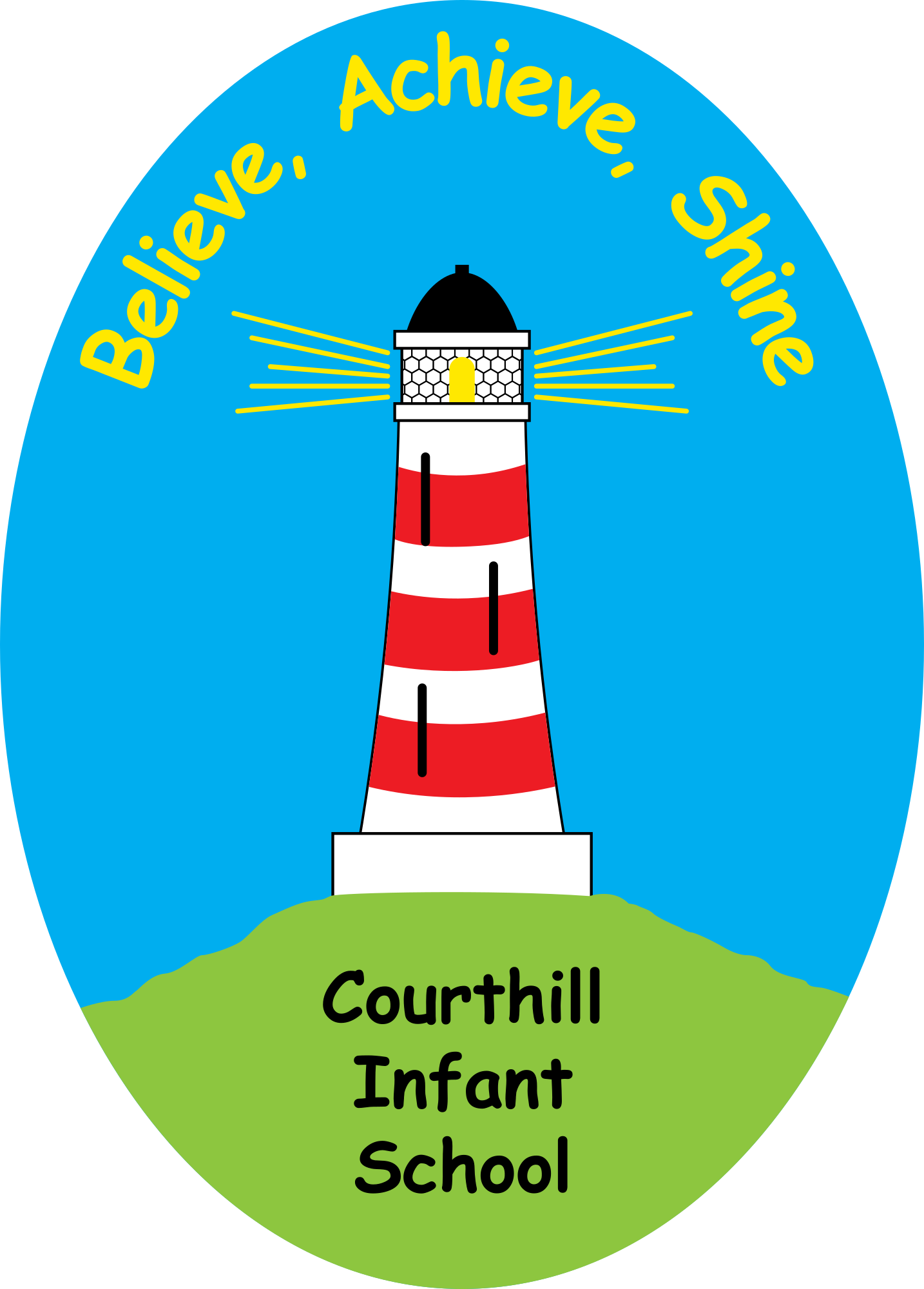Science
At Courthill we believe that the purpose of Science is to encourage children to question how and why things are and how they happen. We want our pupils to question the world around them and to think critically. We believe that a high-quality science education provides the children the foundations for them to achieve these skills. Science has impacted the world in many ways, and all pupils should be taught essential aspects of the knowledge, methods, processes and uses of science. Through building up a body of key knowledge and concepts, pupils will be encouraged to understand how science can be used to explain what is happening, predict what they think will happen and analyse results. We want our children to leave us with the ‘Big Idea’ that there are a wide variety of living things which have similar and different characteristics and need different conditions to thrive. The other ‘Big Idea’ is that there are different materials that are made out of particles; have different properties and are used for different things
Our aims are to:
- provide an exciting and though-provoking curriculum that promotes and satisfies their curiosity.
- encourage children to question, explore and observe, so that they can make observations about themselves and their environment.
- help children to develop the skills needed to find out answers to their questions.
- develop positive attitudes to science and increase individual’s scientific knowledge.
- encourage children to be open-minded and consider other’s thoughts and ideas.
- develop children’s growth mind set and explore alternative ways to find out their answers whilst supporting them to work collaboratively and independently.
- develop a confidence to broaden their vocabulary and use appropriate scientific language.
- develop an ability to interpret findings critically and make links to what they already know about the world around them
- develop skills of investigation – including observing, measuring, predicting, hypothesizing, experimenting, communicating, interpreting, explaining and evaluating.
- foster concern about, and active care for our environment.
- learn about Scientists eg David Attenborough.
Our main aim at Courthill is to develop children’s knowledge, skills and understanding. We encourage children to ask as well as answer scientific questions about not only about what they do not know but also looking at the things they think they know already. They use computing within the lessons where it enhances their learning. We try to encourage a love of learning by using many creative skills for example role-play and art and discussions. They engage in a wide variety of problem solving activities across all areas of the curriculum. Wherever possible, the children are involved in ‘real’ scientific activities and investigations, and making links with other curriculum areas to maximise their learning opportunities. We utilise the environment around us with walks to the park to look at the changes through the seasons to trips to the Science museum for some hands on experience on a grander scale and celebrate all things Science with focused topics and visitors.
Key knowledge and skills have been identified in bold with the expectation that all pupils will achieve these outcomes by the end of the year. We strive to address the key objectives through differentiated questioning, demonstrating and scaffolding, as well as using different approaches to teaching and learning to overcome barriers.
At Courthill we believe that the purpose of Science is to encourage children to question how and why things are and how they happen. We want our pupils to question the world around them and to think critically. We believe that a high-quality science education provides the children the foundations for them to achieve these skills. Science has impacted the world in many ways, and all pupils should be taught essential aspects of the knowledge, methods, processes and uses of science. Through building up a body of key knowledge and concepts, pupils will be encouraged to understand how science can be used to explain what is happening, predict what they think will happen and analyse results. We want our children to leave us with the ‘Big Idea’ that there are a wide variety of living things which have similar and different characteristics and need different conditions to thrive. The other ‘Big Idea’ is that there are different materials that are made out of particles; have different properties and are used for different things.
If you would like to know more about the National Curriculum for Science, please see the Science National Curriculum.
Further resources for you to access at home
Nasa Kids' Club provides a plethora of space focused games, videos, images and activities to introduce and help kids learn about the world of space.
BrainPOP offers educational animated videos and lessons covering different science topics. Each featured science topic comes with illustrative videos, quizzes, and accompanying activities.
National Geographical Kids enables science lovers to explore the world of science through a collection of apps, games, magazines, toys.
Science For Kids is a website that features a treasure trove of educational science materials. These include online games, experiments, lesson plans, quizzes, science projects, free activities and many more. videos, and many other materials
Science Fun Experiments for Kids! includes some fun science experiments you can do at home!
